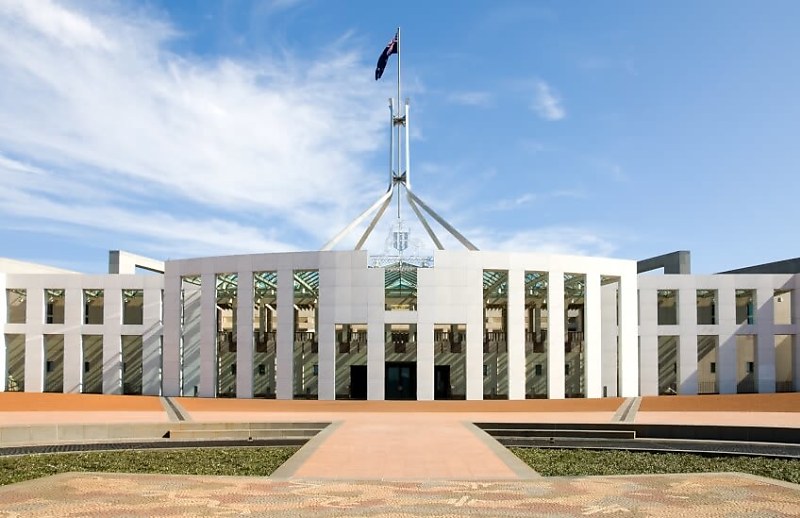The legislative framework around the taxation of trust income is creating challenges for taxpayers and tax practitioners and must be revised, the Institute of Financial Professionals Australia (IFPA) has told the government ahead of the May budget.
The IFPA said the government should reconsider a proposal raised by Treasury back in 2011 in its reform paper Modernising the Taxation of Trust Income – Options for reform November 2011.
The paper proposed the Trustee Tax and Deduction Model (TAD model) which, if adopted, could “overcome many of the difficulties for tax practitioners and taxpayers in administering their compliance obligations under the trust taxation regime”, the industry association said.
The TAD model was renamed the ‘economic benefits model’ (EBM) and subject to further analysis in Treasury’s Policy Options paper, released in October 2012.
“Since that time, however, there appears to have been little or no progress on the issue,” IFPA said in a submission to the Treasurer.
Under the TAD model, taxable income of a trust would be assessed in the hands of those beneficiaries that receive the economic benefits related to that taxable income. Assessable amounts that are not distributed by a certain time are taxed in the hands of the trustee.
This tax model aims to clearly define key concepts and reduce the reliance of the tax law on individual trust deeds.
IFPA said the taxation of trusts in accordance with respective provisions contained in Divisions 6 and 6E ITAA 1936 and s 115C of the Income Tax Assessment Act 1997 (ITAA 1997), has been a particularly difficult and challenging part of the taxation regime for tax practitioners, the ATO and for taxpayers.
These difficulties and challenges in administering the taxation of trusts arise, in general, due to the complexity of interpreting the ‘flow through’ concepts inherent in the legislative framework.
The concept of present entitlement, the differences in understanding trust law concepts and tax concepts, the economic differences that arise where distributable income does not flow to a beneficiary in receipt of the taxation distribution are some examples of where these complexities arise.
Moving to the TAD model would improve the taxation and economic outcomes for taxpayers and improve administrative efficiency for tax practitioners, according to IFPA.
IFPA said the government should also review the reimbursement agreement rules in section 100A ITAA 1936 in light of recent ATO guidance and court decisions.
“The Institute considers this specific anti-avoidance provision is being applied in circumstances that go well beyond the mischief they were designed to prevent. The provision should either be repealed altogether or modified so that it is more tightly focused,” it said.
The IFPA said while section 100A may, on its face, apply to circumstances where unclaimed present entitlements are accumulated in a family trust or made available to associates, it consider such an outcome to be inconsistent with the mischief this provision was designed to prevent, which was the insertion of low tax or tax-free beneficiaries.
“We note this provision was introduced at the height of the tax avoidance era and before the introduction of Part IVA in 1981,” the submission stated.
“The finalised guidance material released by the ATO in December 2022 has the potential to disturb distribution practices followed by many thousands of Australian family businesses for decades. In particular, the ATO guidance inappropriately reads down the observations made by Justice Logan at first instance in the Guardian case. In that decision His Honour held that the ordinary family dealing exception applies unless the arrangement includes features of artificiality.”
The Full Federal Court handed down its appeal decision in the court case Guardian earlier this year.
While the appeal decision clarify aspects of section 100A and Part IVA, IFPA said the judgement does nothing to shed light on the scope of the ordinary family or commercial dealing exception.
The Institute is calling on the government to consider two options for reform in this area.
The first is to repeal section 100A on the basis that Part IVA makes it redundant as demonstrated in the Full Court’s decision in Guardian.
The second proposal is for the government to amend section 100A to deem the application of funds arising from distributions made to members of a family group as defined in s 272-90 ITAA 1936 as automatically falling within the ordinary family dealing exemption.
The Institute also wants to see the Board of Taxation’s report on the existing CGT roll-over rules to be released and a specific review of the small business restructuring roll-over rules to be undertaken.
“With the ATO’s increasing focus on trusts and trust distributions, we are aware that some family businesses may be weighing up the merits of adopting a corporate structure instead, which brings the small business restructuring roll-over rules in Subdiv 328-G ITAA 1997 into sharper focus,” the submission said.
“Practitioners are concerned about the uncertainty around what represents a genuine restructure, while the requirement to maintain the same underlying economic ownership in the assets of the business is not one that is easily satisfied in the case of discretionary trusts.”

 Login
Login







